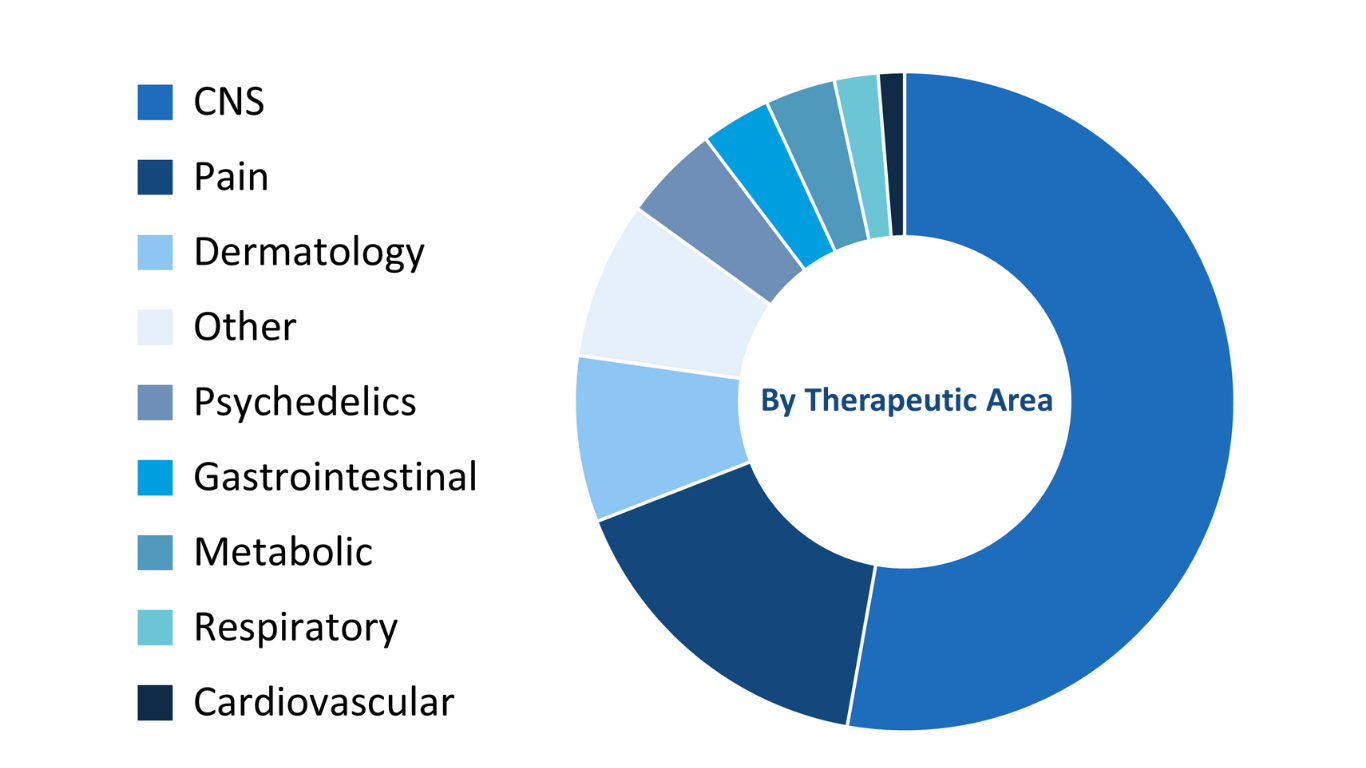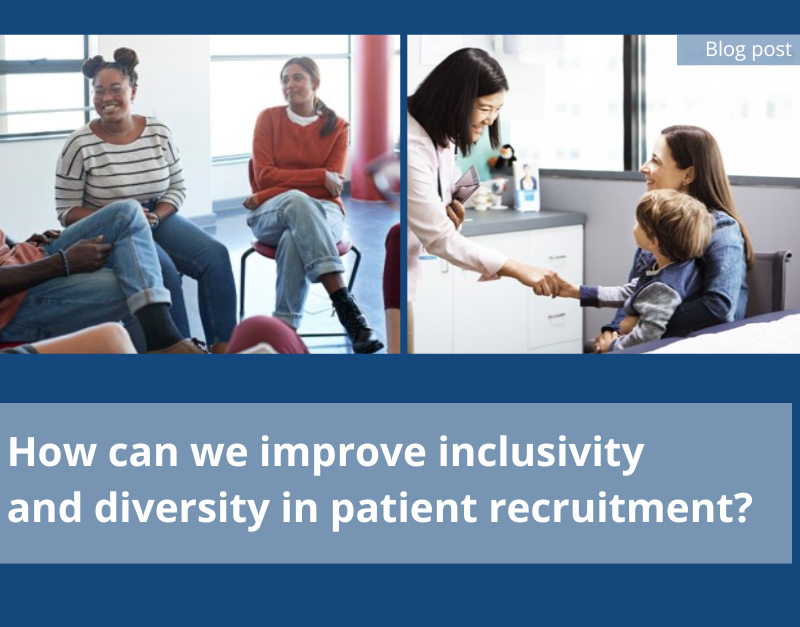Keeping the patient at the heart of our research: My take-homes from speaking at the C3 Summit discussing inclusivity and diversity in patient recruitment
by Sevtap Rowlands
Head of Functional Service Provision

As healthcare professionals, we sometimes forget to hit pause and listen to the voice of the patient while we battle through the intensive execution of clinical trials. Recently, I had the luxury of time to do just that, as a key speaker at the TransPerfect C3 Summit: Conversations in Clinical Content, focusing on the patient experience.
Taking place on Thursday 6 October in London, it was a pleasure to reflect upon and discuss the journey and emotions that our patients go through when participating in trials, and how, as an industry, we can work together to make it a more considered and flexible experience for them.
One key theme was to consider patients and volunteers as partners in the clinical trial process. How can we ensure we adapt to their needs and lifestyles to improve diversity and inclusivity in trials, and, in turn, increase the quality of study results?
As part of my discussion, which was centred on bringing the patient’s voice into clinical trials, it was important for me to ensure I received a clear picture of our patients’ and volunteers’ views, opinions, and experiences of trials in which they had participated.
Learning about the people behind the data was a truly amazing and insightful experience.
I spoke with patients and gained insights both directly and indirectly. I conducted patient interviews where I was able to have in-depth conversations and get qualitative data. I also sent out a patient survey to get a view on their collective experience.
I learned a lot about the challenges patients can face when taking part in trials, particularly around life commitments, work, children, education, and trying to balance this with wanting to contribute to finding a new solution or treatment for a health condition. Clinic visits can be long and stressful, and it is a commitment for trial participants, who must take time off work or education, and/or find childcare.
Participants welcome flexibility, such as the use of video calls and going to clinics only as needed.
Interestingly, the survey showed that not everyone advocated for decentralized clinical trials, instead preferring a clinical setting. However, as we only surveyed people who have already participated in a clinical trial, it is important to note that others may be more likely to participate in trials at home, due to the added flexibility. This is key; trials should be adaptive, flexible, and inclusive, with a more diverse approach.
A diverse patient population is an important driver in the success of how trials can impact research worldwide. Diversity in this sense covers everything from ethnicity, gender, and age to location, background, and accessibility. In the world of clinical trials, we need to ensure we have availability and choices to suit the majority of potential participants.
It was insightful to hear from all the experts during the conference, and to understand their perspectives. One interesting topic was that although technology is making a positive impact overall in diversifying trials and adding a layer of flexibility, there is still a patient population who do not have access to technology or have the ability to read, which means too much reliance on this approach could be alienating to some.
Education about clinical trials was a key theme and dominated a lot of the conversations. There is an acknowledgment of a lack of education across all elements of clinical research, even amongst healthcare professionals and industry experts, but particularly for patients and the general public. The question is, what is the solution? How can we collectively raise awareness of the importance of clinical research, worldwide?
I left the day feeling inspired, and with a mission to help ensure we do even more at MAC to have effective, consistent clinical research education available to all.
I will share this message with colleagues so that we can continue to build collaborative relationships among professionals, patients, and communities. My key takeaway is: having a transparent and inclusive approach to patient engagement will lead to the design and execution of more meaningful and personalised trials, which in turn will benefit us all.











